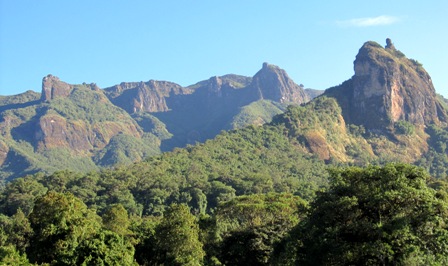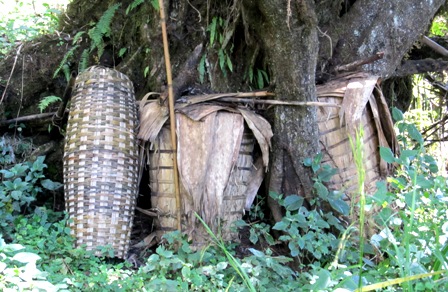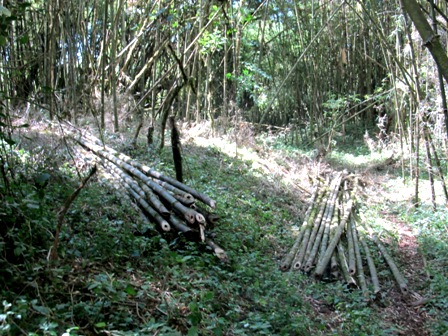


This interdisciplinary and intercultural research approach will help identify how species diversity and provisioning services will be impacted under increasing human populations and future climate change while directing local communities and land managers to pre-emptive actions that may reduce negative impacts. The utilities of plants and animals for the local people will also help build and disseminate traditional knowledge and foster means to conserve and protect these important natural resources.
For more information on this project, contact Paul Evangelista at paul.evangelista@ColoState.EDU